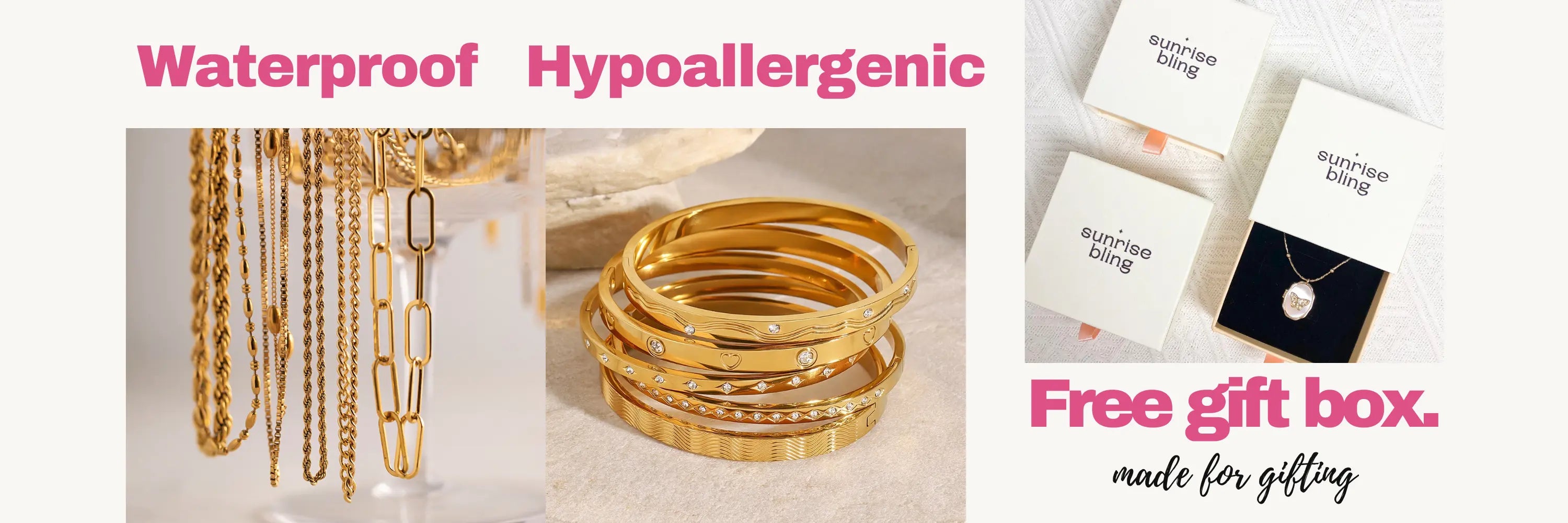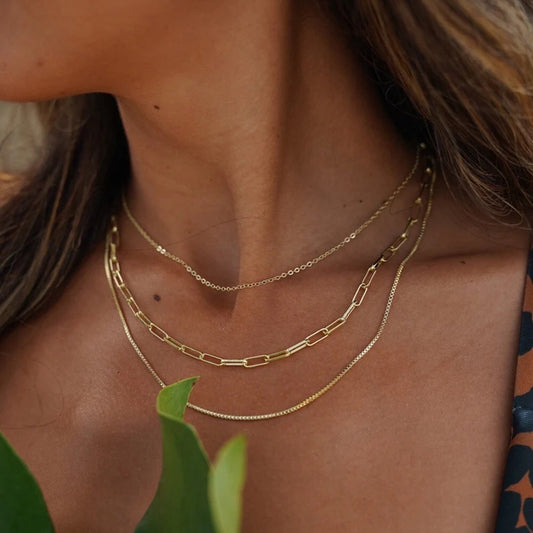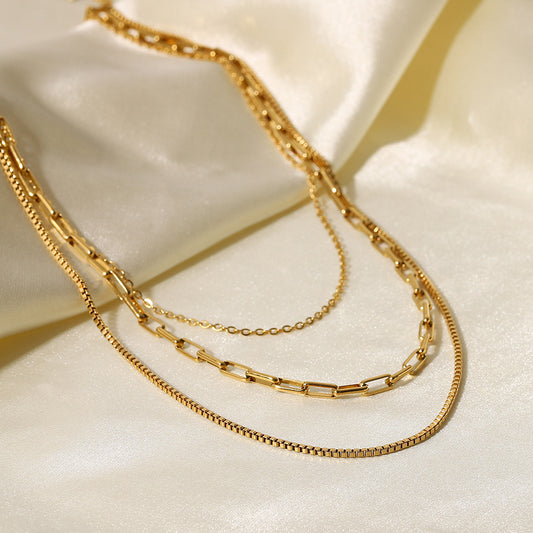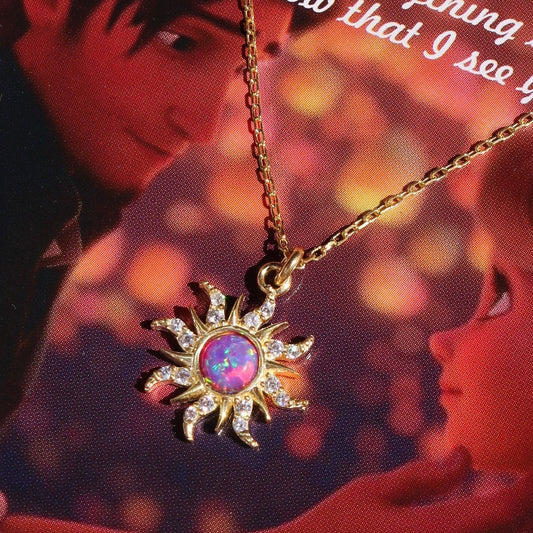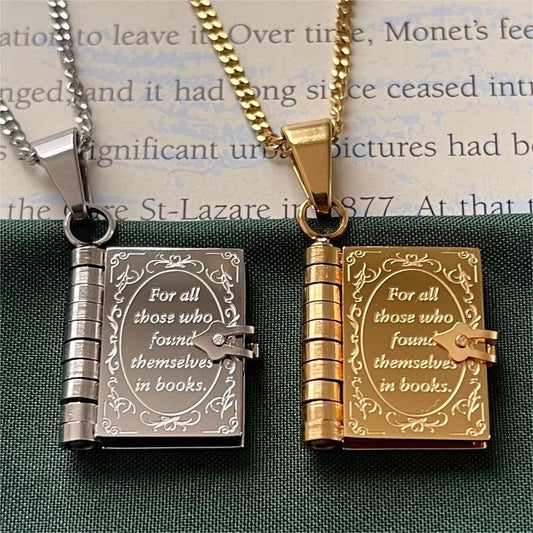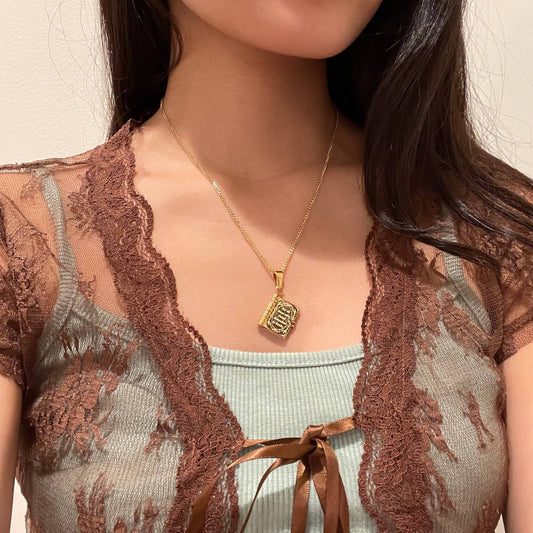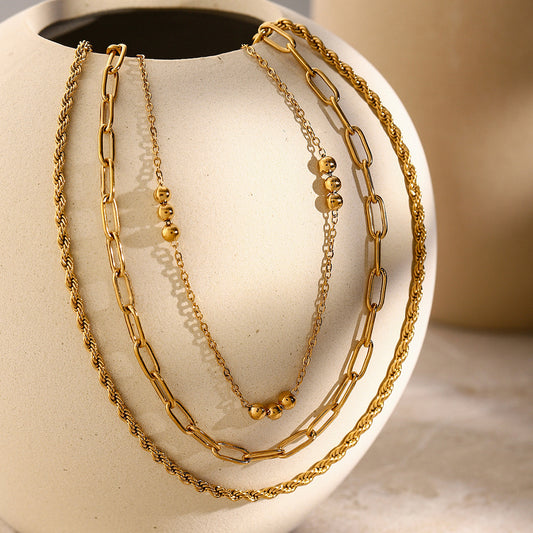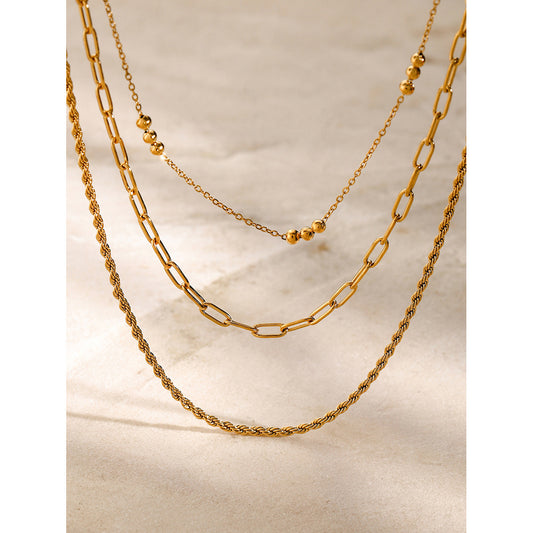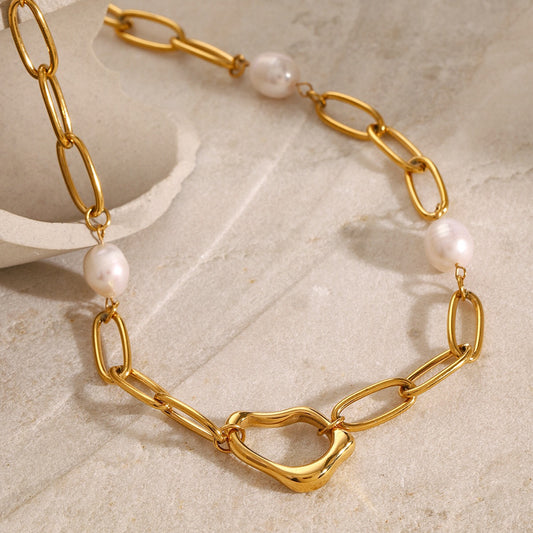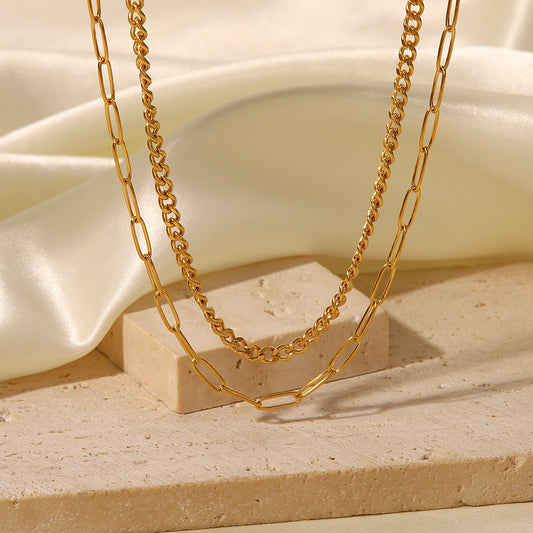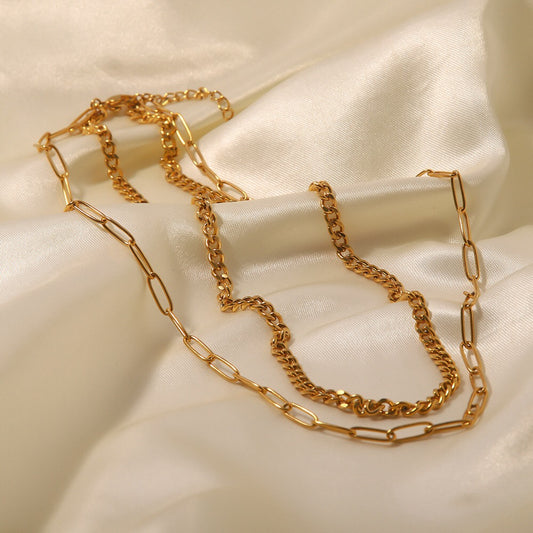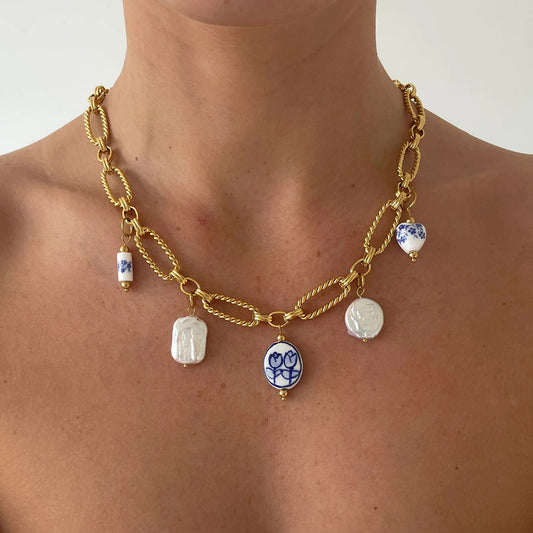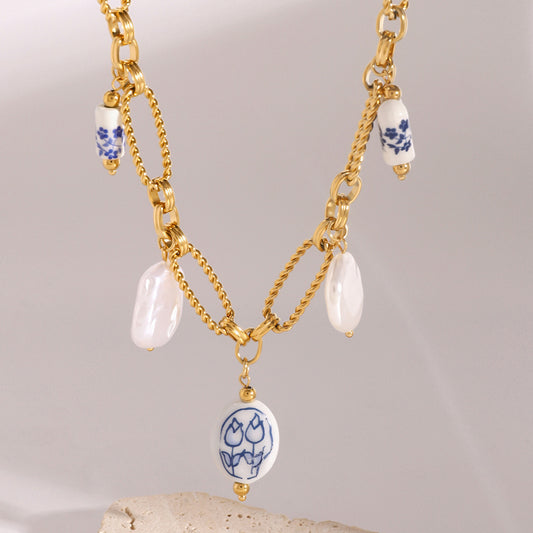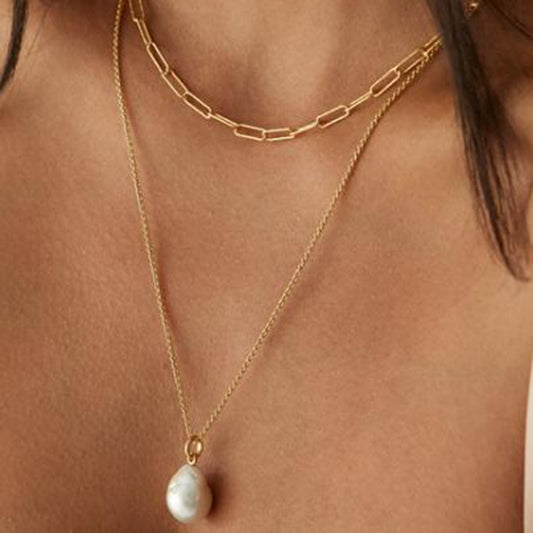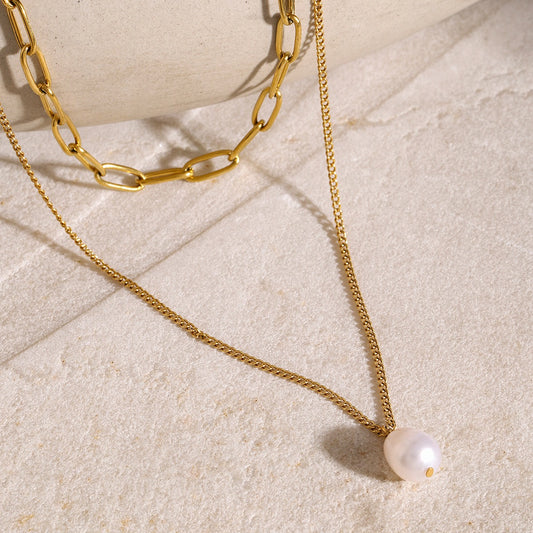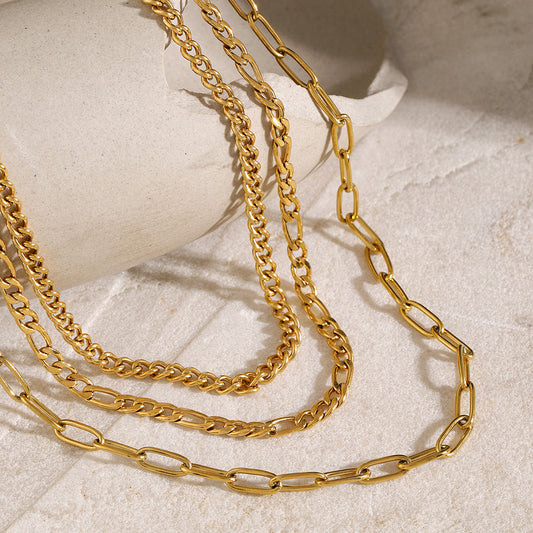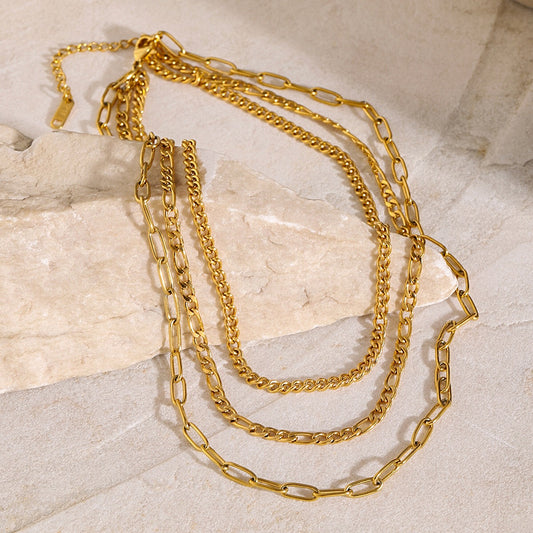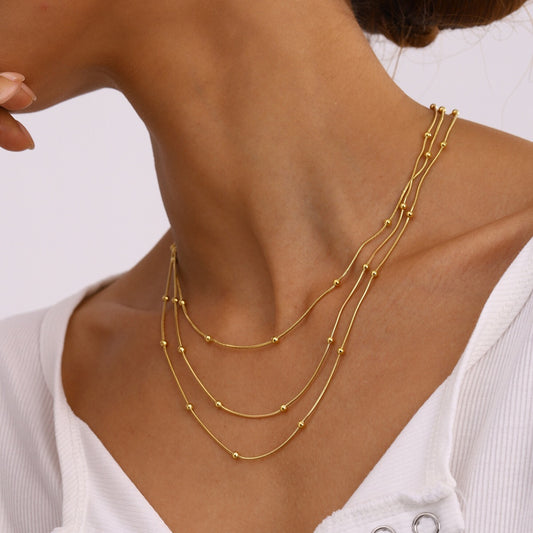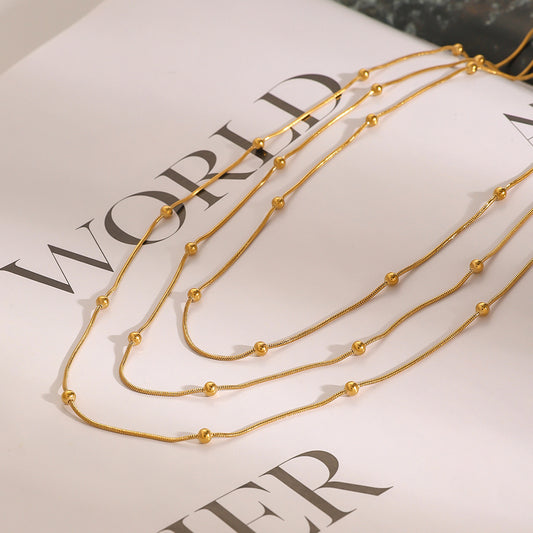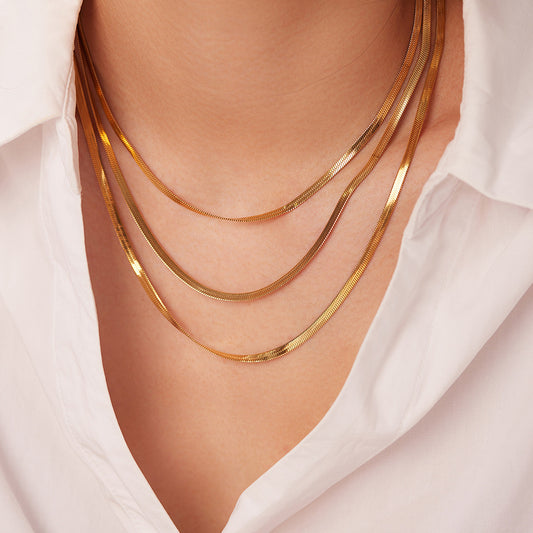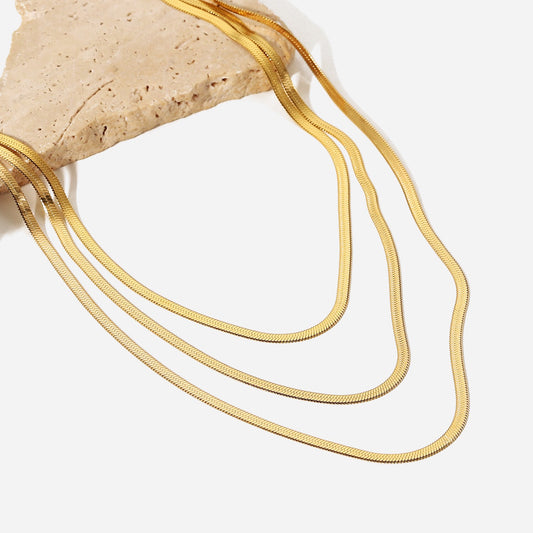14k vs 18k gold remains a pivotal consideration for jewelry buyers, reflecting the balance between durability and luxury. This decision aligns with the broader trends in the gold jewelry market, which, according to a report, has seen consistent demand, with the U.S. gold jewelry manufacturing industry estimated to reach $97 billion by 2030, growing at a CAGR of 4.1%. This highlights the enduring appeal of gold jewelry, where the choice between 14k and 18k gold plays a crucial role in meeting diverse consumer preferences. This article will explore the key differences, advantages, and disadvantages of 14k and 18k gold, providing insights to help you make an informed decision.
What is 14k vs 18k Gold?
At its core, the designation "14k" or "18k" refers to the purity of gold within a piece of jewelry. The "k" stands for karat, a unit of measurement that indicates the proportion of pure gold mixed with other metals. Pure gold, represented as 24k, is inherently soft and malleable, making it unsuitable for durable, everyday jewelry. To enhance its strength and resilience, gold is alloyed with other metals like copper, silver, or zinc. Therefore, 14k gold contains 58.3% pure gold, while 18k gold comprises 75% pure gold.
What's the Difference Between 14K and 18K Gold?
Gold Percentage
-
14k Gold: This alloy consists of 58.3% pure gold, with the remaining 41.7% composed of other metals. This blend provides a robust and durable material suitable for frequent wear.
-
18k Gold: This alloy features 75% pure gold, resulting in a richer color and a softer, more luxurious feel. The lower percentage of other metals makes it less durable than 14k gold.
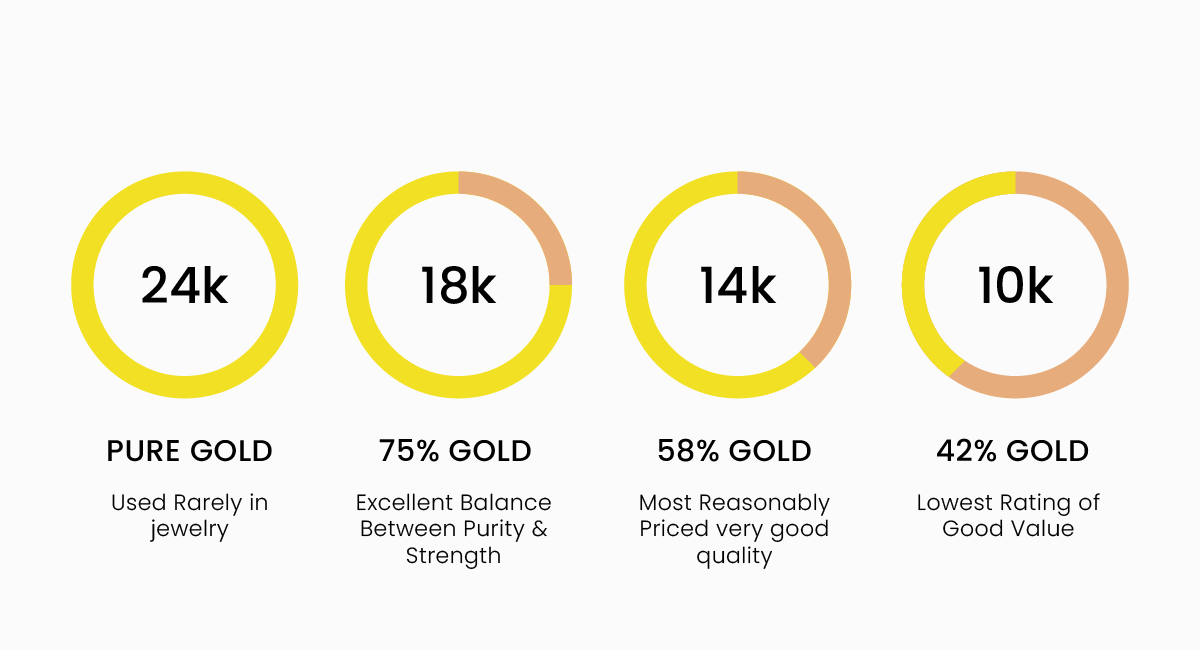
Lifestyle
-
14k Gold: Its superior durability makes it ideal for individuals with active lifestyles or those who plan to wear their jewelry daily. It withstands the rigors of everyday use without significant wear and tear.
-
18k Gold: Due to its softer nature, 18k gold is better suited for occasional wear or for pieces that are less likely to be subjected to daily stresses.
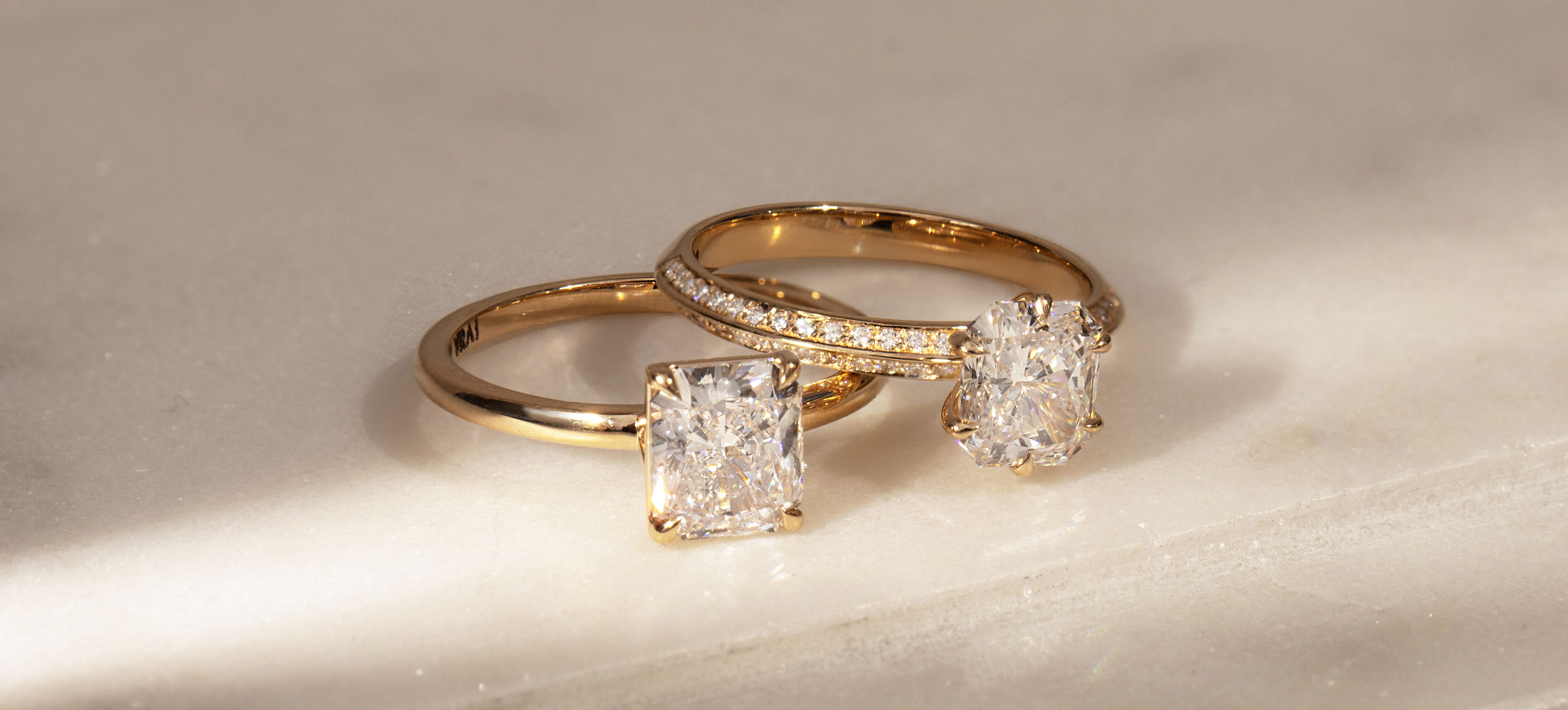
Quality
-
18k Gold: Often perceived as higher quality due to its higher gold content, it carries a sense of luxury and exclusivity.
-
14k Gold: Provides excellent quality and is a more practical option for those seeking a balance between durability and cost.

Durability
-
14k Gold: The higher percentage of alloyed metals makes 14k gold more resistant to scratches, dents, and general wear, ensuring longevity.
-
18k Gold: Its softer composition makes it more susceptible to damage, requiring more careful handling and maintenance.
Hypoallergenic Properties
-
18k Gold: With fewer alloyed metals, 18k gold is less likely to cause allergic reactions, making it a safer choice for individuals with sensitive skin.
-
14k Gold: While generally safe, the higher alloy content may trigger reactions in those with extreme sensitivities, particularly to metals like nickel.

Color
-
14k Gold: Exhibits a lighter, less intense yellow tone due to the higher proportion of alloyed metals.
-
18k Gold: Displays a richer, deeper, and more vibrant yellow hue, reflecting its higher gold content.
Price
-
14k Gold: More affordable, offering a cost-effective option without sacrificing quality.
-
18k Gold: Carries a higher price tag due to its greater gold content and luxurious appearance.
Advantages and Disadvantages: 14K vs 18K Gold
Advantages of 14K Gold
-
Exceptional durability for everyday wear.
-
More affordable, providing excellent value.
-
Ideal for intricate designs and settings.
Disadvantages of 14K Gold
-
Less vibrant color compared to 18k gold.
Advantages of 18K Gold
-
Richer, more luxurious color.
-
Lower risk of allergic reactions.
-
Higher perceived value and prestige.
Disadvantages of 18K Gold
-
Softer and more prone to damage.
-
Higher price point.
How To Choose Between 14k vs 18k Gold Jewelry
Selecting the right gold karat for your jewelry involves considering several factors that align with your lifestyle, budget, personal preferences, and specific needs. Here’s a more detailed breakdown to guide you:
Lifestyle: Consider Your Daily Activities
-
Active Lifestyle:
-
If you lead an active lifestyle, engage in sports, or work with your hands, 14k gold is the more practical choice. Its higher alloy content makes it more resistant to scratches, dents, and general wear and tear. This ensures that your jewelry can withstand daily activities without significant damage.
-
Sedentary Lifestyle or Occasional Wear:
-
If you primarily wear jewelry for special occasions or have a less active lifestyle, 18k gold is a viable option. Its luxurious appearance and richer color can elevate formal attire. However, be mindful of its softer nature, which requires more careful handling.
Budget: Balance Quality and Financial Considerations
-
Cost-Effective Choice:
-
14k gold is generally more affordable than 18k gold. If you're working with a limited budget but still desire the beauty of gold jewelry, 14k provides an excellent balance of quality and cost-effectiveness.
-
Investment in Luxury:
-
18k gold carries a higher price tag due to its greater gold content and richer color. If budget is less of a concern and you prioritize the luxurious feel and appearance of gold, 18k may be a worthwhile investment.
Color Preference: Select the Gold Hue
-
Rich Yellow Hue:
-
18k gold exhibits a deeper, more vibrant yellow color, which many prefer for its luxurious appearance. If you're drawn to the intense golden hue, 18k is the ideal choice.
-
Subtle Yellow Tone:
-
14k gold has a lighter, more subtle yellow tone. While still beautiful, it lacks the rich saturation of 18k gold. This may be preferred by those who want a more understated look.
-
White Gold/Rose Gold consideration:
-
While yellow gold is the main focus of 14k vs 18k, white gold and rose gold also have these karat options. The alloy differences still apply.
Skin Sensitivity: Opt for Hypoallergenic Options
-
Sensitive Skin:
-
18k gold, with its lower alloy content, is less likely to cause allergic reactions. If you have known sensitivities to metals like nickel, 18k is the safer choice.
-
General Tolerance:
-
Most individuals can wear 14k gold without experiencing any adverse reactions. However, if you have extremely sensitive skin, it's advisable to opt for 18k or consult with a jeweler about hypoallergenic alternatives.
Intended Use: Consider the Piece's Purpose
-
Daily Wear Pieces:
-
For rings, bracelets, or necklaces intended for daily wear, 14k gold is the recommended choice. Its durability ensures that these pieces can withstand the rigors of everyday use.
-
Special Occasion Pieces:
-
For delicate necklaces, pendants, or earrings worn on special occasions, 18k gold can add a touch of luxury and elegance. However, these pieces require more careful handling and storage.
-
Engagement rings/Wedding Bands:
-
14k gold is very popular for engagement and wedding rings, due to the durability. This is especially true for rings that have stones that need to be held in place. 18k is also used, but requires more care.
Frequently Asked Questions About 14k vs 18k Gold
Q: Can 14k or 18k gold tarnish?
-
A: Pure gold doesn't tarnish, but the alloyed metals can. However, both 14k and 18k gold are highly resistant to tarnishing.
Q: Is 18k gold worth the extra cost?
-
A: If you prioritize color richness and have sensitive skin, 18k gold may be worth the investment.
Q: Can I wear 14k gold every day?
-
A: Yes, 14k gold is highly durable and suitable for daily wear.
Q: How do I care for 14k and 18k gold jewelry?
-
A: Clean with warm soapy water and a soft cloth. Avoid harsh chemicals and store separately to prevent scratches.
Q: Will 14k or 18k gold change color over time?
-
A: Neither will change color significantly, but 18k will keep its richer yellow hue longer.
Q: Which is better for an engagement ring?
-
A: 14k is more popular for engagement rings due to the durability. 18k is also used, but requires more care.
Conclusion: Select Your Golden Standard: 14k vs 18k Gold
Choosing between 14k and 18k gold involves weighing factors like durability, color, and budget. By understanding these differences, you can select the perfect gold to match your style and needs. Explore our exquisite gold jewelry collection today and find the piece that resonates with your golden standard.


